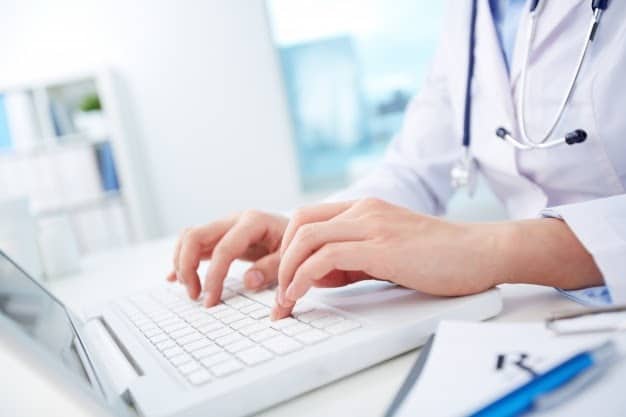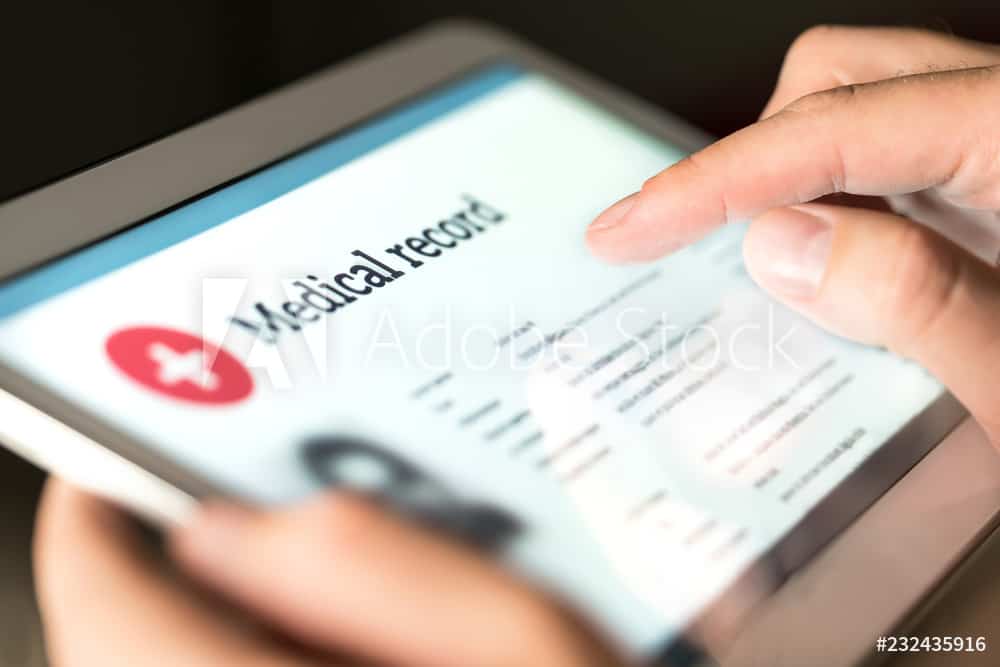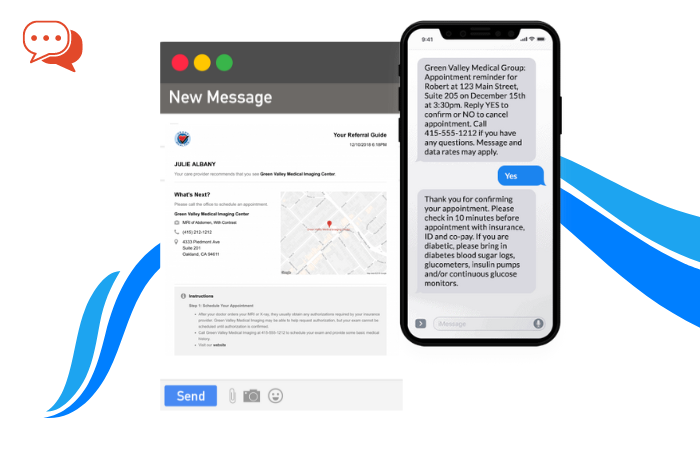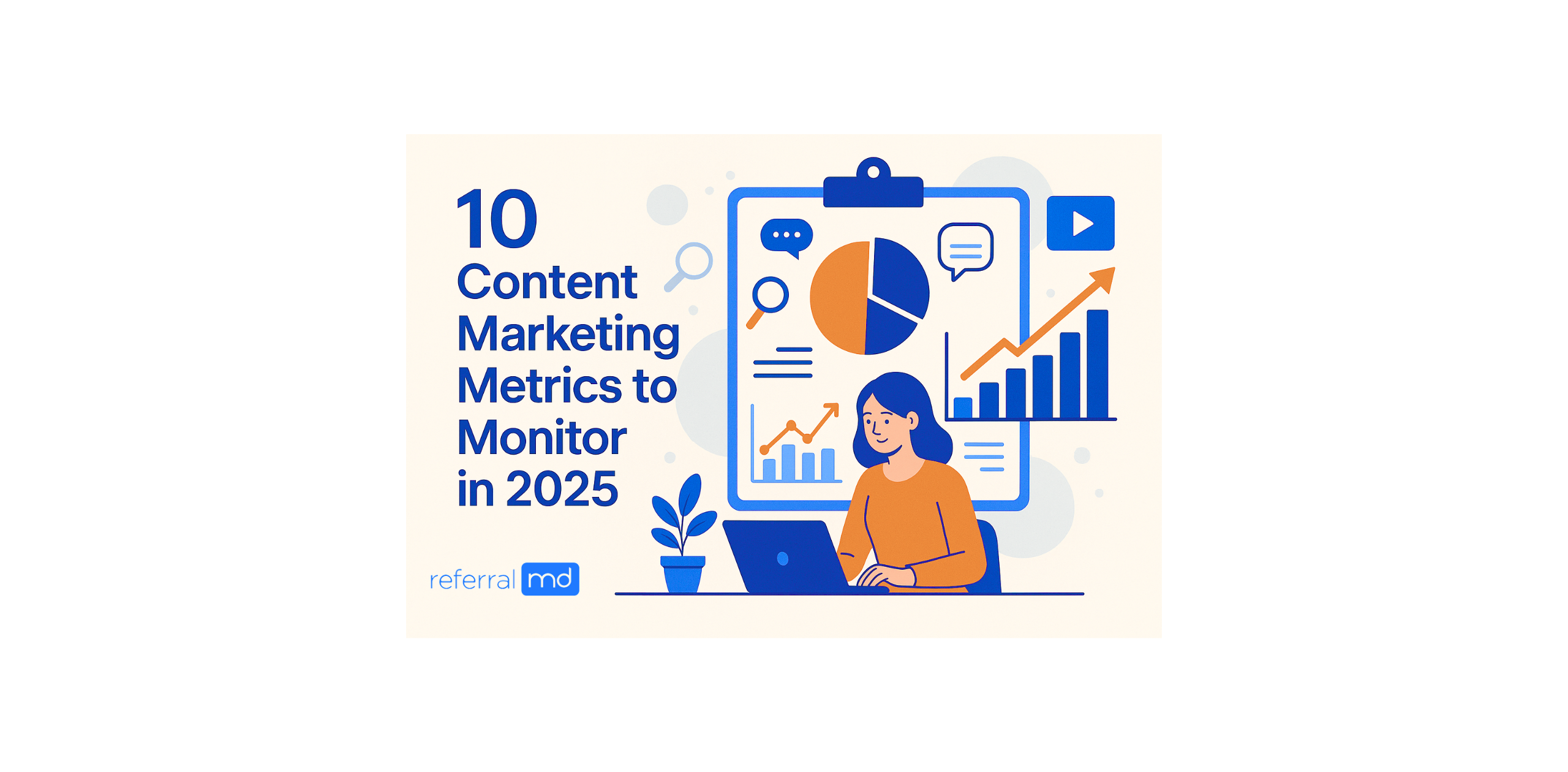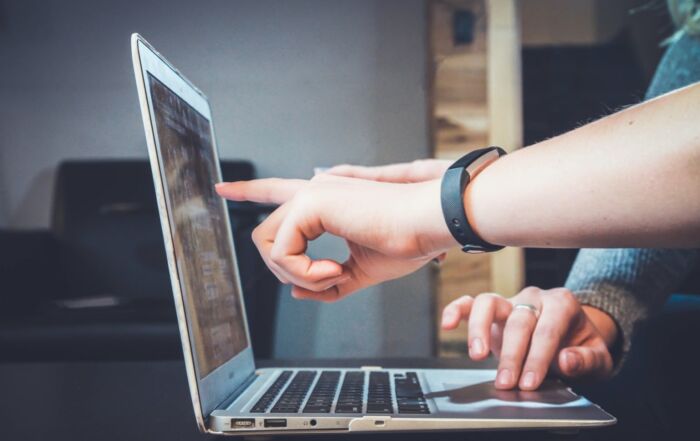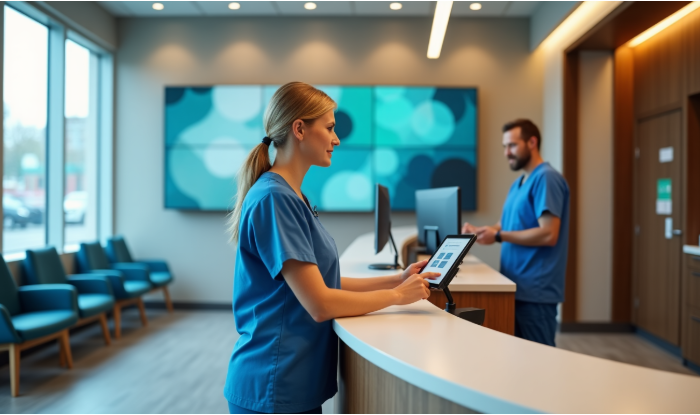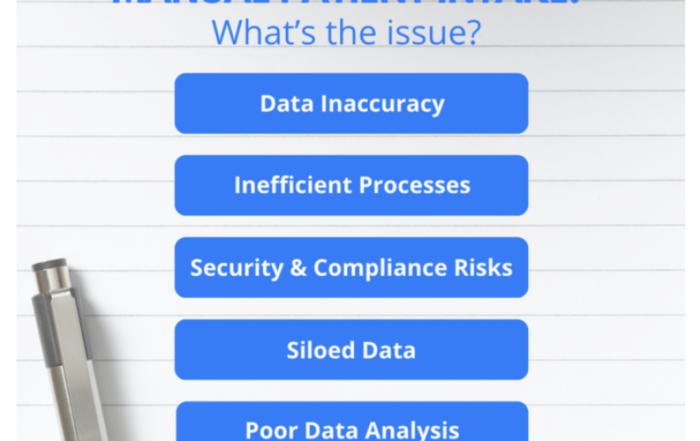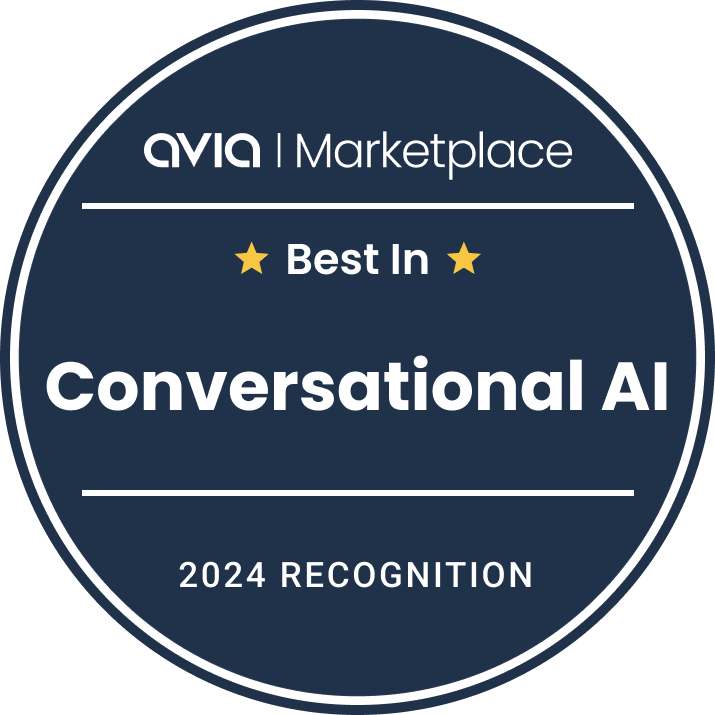Healthcare industry research shows that using mobile platforms can be more beneficial than using traditional in-office doctor appointments. The new doctor-patient relationship with mobile apps enhances the patient experience and offers ease to doctors in certain circumstances. In the present time of COVID-19, the situation has increased the mobile health industry drastically. Many patients and doctors across the globe are using technology to get assistance and prescription for their health issues.
Millions of people around the world use their mobile devices to fulfill the task of their daily needs. Users can prevent going to doctor’s clinics by using mobile apps. Anyone can take the doctor’s advice and consultation by using their mobile device. This kind of healthcare technology is vital for today’s world scenarios, especially for those living in rural areas, suburbs, and other areas having transportation difficulties or can’t go to the doctor’s place.
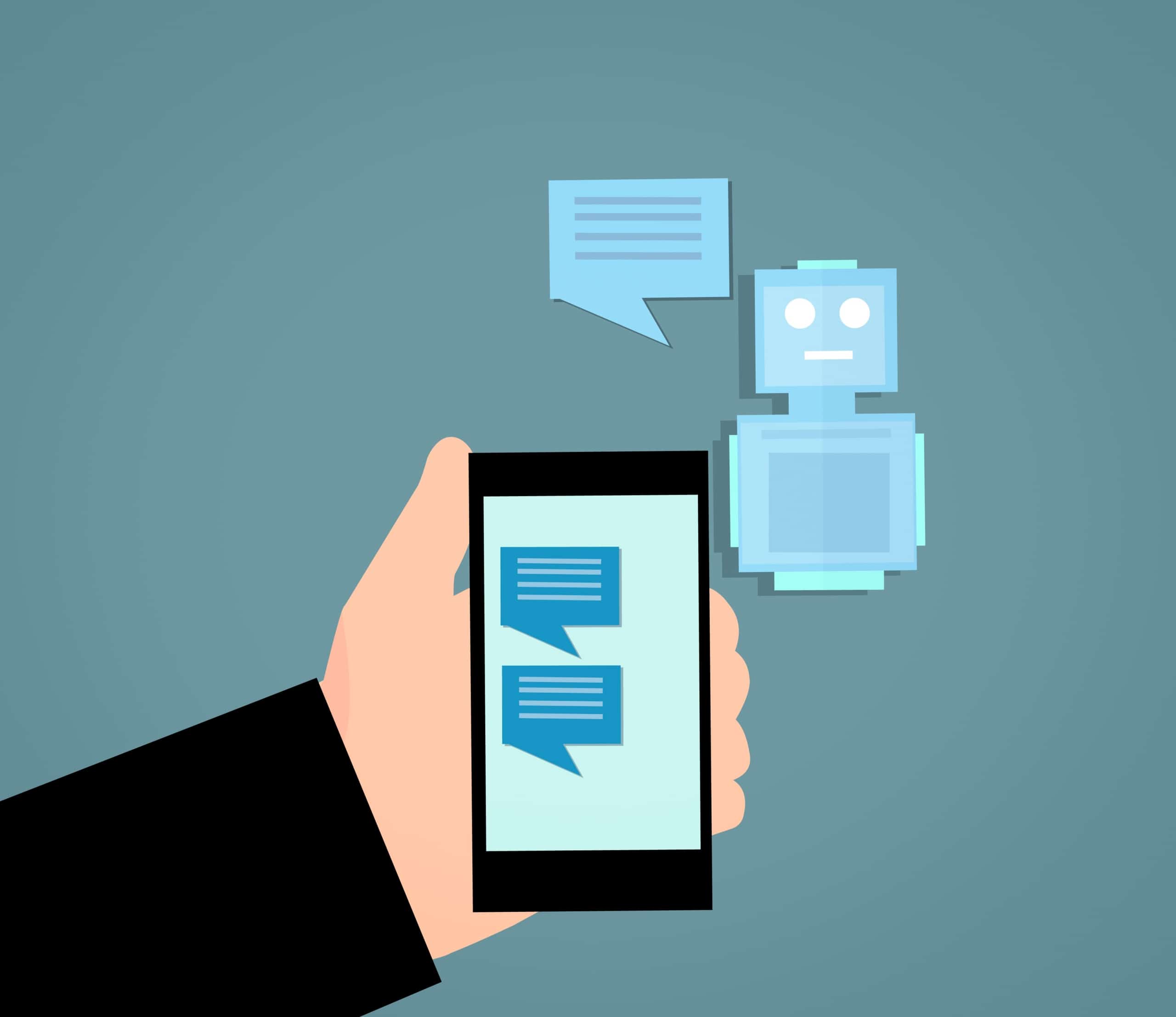
Photo by mohamed_hassan on Pixabay
By Statista reports, we will see a substantial increase in the mobile healthcare market. By the end of 2020, the total revenue of healthcare app development will cross $58.8 billion U.S. dollars.
Why mobile healthcare apps?
Mobile health has opened lots of new ways to get medical advice on diabetes, sleep issues, asthma, weight loss, and other diseases at any time. Studies say that using healthcare apps is getting a faster solution for their health issues and making progress in recovery.
What are the benefits?
- Mobile apps assist doctors with real-time patient access and their medical records and enable tracking their disease flow, side effects, food habits, and other required things.
- Healthcare applications improve workflow and processes such as drug interaction, prescribed medicines, billing, and scheduling.
- Mobile apps can offer users lots of required information about their healthcare facilities in the local vicinity, also provide a database about dentists, surgeons, physicians, and other medical specialists.
- Such apps facilitate communication between patients, nurses, doctors, and other medical experts. It also assists doctors in getting advice from different specialists to know the better cure and medicines for the patients.
- Healthcare mobile apps can assist in analyzing the epidemic outbreak forecast and also helps in monitoring.
- Medical apps promote wellness awareness and healthcare education programs.
6 Steps to help build a healthcare app
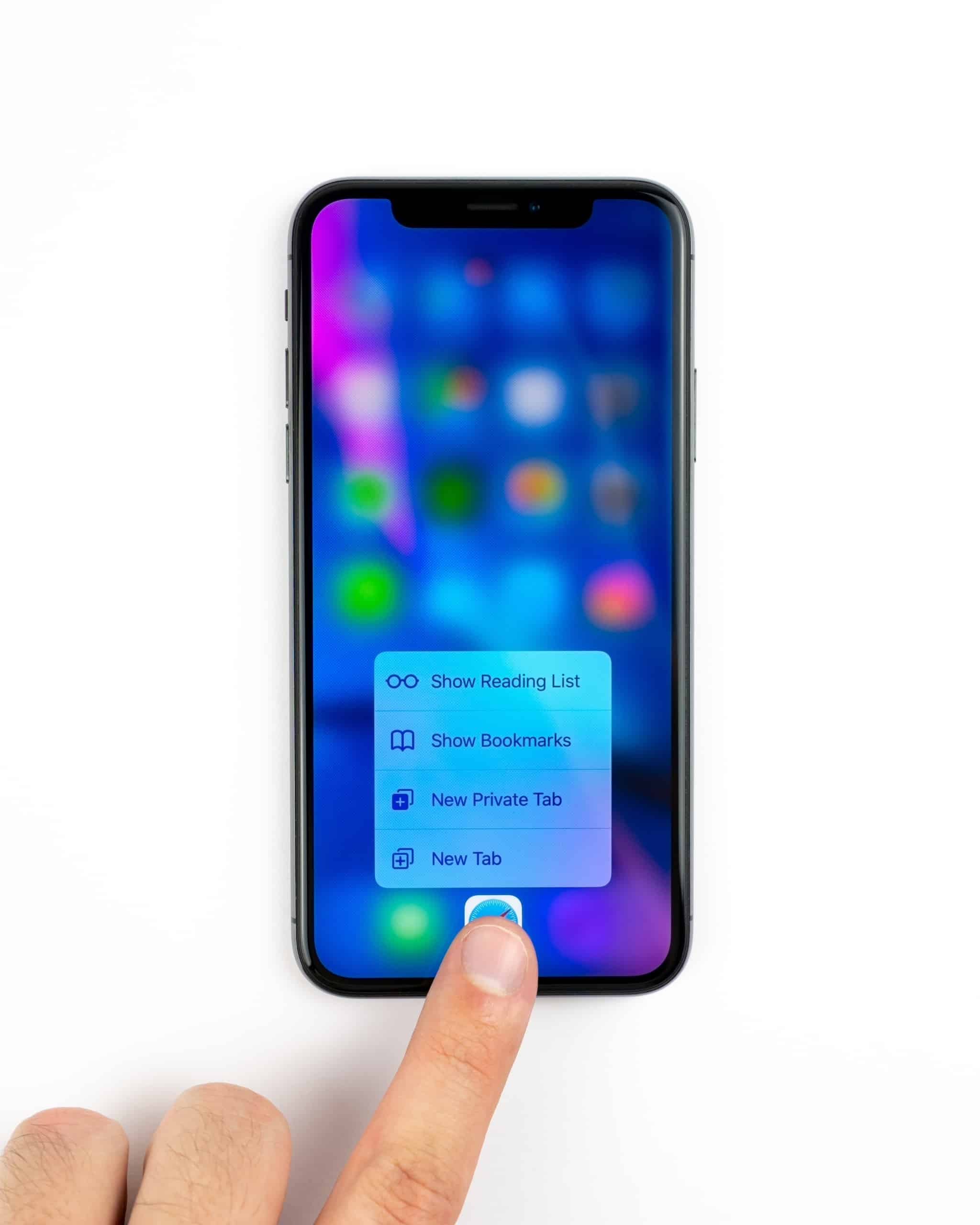
Photo by Daniel Korpai on Unsplash
Healthcare app development is how an app is developed for mobile usage to assist patients and doctors, and other users to manage their hospital visits, fitness goals, medical conditions, and others. This also facilitates users to get appointments, view lab results, see the prescribed medicines, and more.
1. Choose the type of health care app you need to develop.
Before going ahead with the development, you should know what type of health care app you need. There are different types of mobile healthcare apps are available, and you can go with are as follows:
Like remote and telehealth monitoring apps help patients get the information remotely at their location, Doctors become capable of relaying ECG viewing, oxygen checks, and LifeScan information between devices.
Also, many other apps like clinical assistance apps offer patient charts, symptoms check, lab report viewing, EHR and EMR access, and other assistance. Scheduling and reminder apps assist administrators and medical practitioners in scheduling appointments and efficiently and quickly sending reminders to the patients.
2. Know the things you can add to your healthcare app to facilitate users
- Phone-to-text capabilities
- Diagnosis Chatbots
- Geofencing or Geolocation
- Mobile medication notifications
Many health and lifestyle apps are available on PlayStore that guide users to know how to make their fitness and live a healthy life easily. They can track their diet, weights and know the exercises required. Also, you can choose educational healthcare apps. These apps include drug-related information, case studies of patients, and clinical references.
So, make your choice first to make the space for a mobile healthcare application in your system.
3. Know the required functions you want to provide
One of the essential steps to know before going for development is to know the functional features you want to provide to the app users. Analyze the market and understand the needs of the users seeking such types of apps. Know the functions you can offer to your users in your mobile healthcare app:
- Dashboard; these are useful for all hospitals, patients, and doctors. They will enhance clinical administrations and efficiency.
- You can also help your users with real-time video chat options so that they can get diagnosis properly in case of emergencies.
- Geolocation and doctor profiles; It helps patients find the doctors near them and in their local area, know the reviews given by other patients, and go to the doctor’s clinic with GPS help.
- Charting and reporting functions (analytics); With this functional power, you can review the progress and monitor the activities. It also improves the level of care and lessens mistakes in reports.
- User/patient portal; It is a feature that enables patients or users to receive reminders, notifications, alerts, and messages from their doctors.
- Payment portal; It is also essential to provide a secured online payment gateway to the users of the app and help them buy products, services, and subscriptions online.
4. Choose the technology and platform.
Once you settle on the app’s needs and functional features, you need to know the technology and platform for your app launch. Know that smartphones, smartwatches, and tablets will offer instant and one-touch access to your app. It would help if you also decided whether you also want to launch the desktop version of the app or not.
When it comes to choosing the platform, then the most used platforms globally are Android and iOS, and you can decide any one or both for your app. Do proper research to know the platform on which you want to launch your app in the market.
5. UI/UX
UI (User Interface) and UX (User Experience) are the two most important things that make an app successful. An easy-to-use user interface and navigation insist users stay and use the app for a long. Designing an interactive and intuitive user experience is not easy, so you have to contact professionals.
Your designing strategies should be perfect and meet the modern standards and needs of the users. The user interface must offer effortless and straightforward entry of their data and result gathering. You must ensure that your mobile healthcare app is user-friendly and every user can utilize it without any hassle.
6. Service integration and testing
The development of a mobile healthcare app is not done yet. The integration of emergency services and many other services is remaining. Service integration ensures maximum effectiveness. Some of the emergency services you can include are ambulance on call, ICU, and ventilator on wheels. After completing all the above-mentioned steps, you must test your app to find out the bugs or errors, if any, and resolve them before launching in the market.
Final Words
The span of healthcare IT and mobile apps is increasing every day rapidly. With the changing needs of today’s customers, you need to maintain your working procedures and leverage the benefits of mobile healthcare apps.
